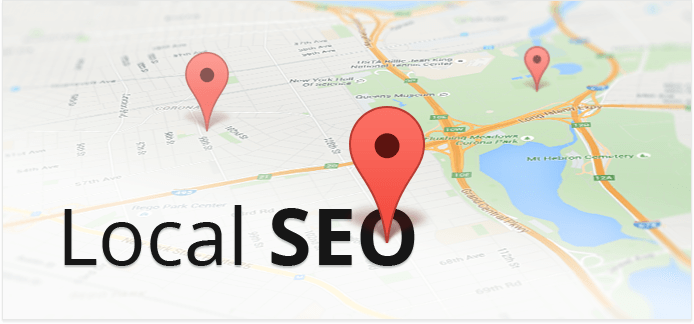Google is always changing its famed algorithms. Sometimes the Goliath of Search announces the changes; other times it just makes them. Usually, since Google didn’t announce a change, someone stumbles upon something that feels different and then tests it before writing about what they think is going on. A host of SEO marketing experts then weigh in on if a change has been made and what it involves.
This is what happened on September 1 when lots of chatter surrounded an extensive change to the Google local search algorithm. One SEO consultant, Phil Rozek, was credited with giving this new update its unofficial name, Possum. Why Possum? The moniker was given because new filtering rules had kept many Google My Business listings from showing up in search results. But they weren’t actually gone; they had just been filtered and were, in effect, playing “possum.”
Here are some specifics culled from the chatter about local search changes and search engine marketing. It appears the main purpose of the update was to diversify the local results, overcoming some issues such as arbitrary city boundaries and preventing spam from getting into rankings.
Physical city limits are downgraded
As we all know, actual city limits can mean nothing. You may fall one block outside your city boundary, but you’re still considered a “local” at the local golf course and not required to pay the “outsider” rate.
But in local search Google didn’t do this. If your business fell outside the literal city limit, even just a block, it limited how high you could show up in search when the nearby city was listed in that search. This was especially true if the outpost where the business was located was its own census-designated place. This is true in MyAdvice’s home, Park City, Utah. Our offices are actually located in Snyderville, which lies just a couple miles outside the demarcation of Park City. But our address is Park City, not Snyderville.
This update has changed that. Google now doesn’t take the city line so literally and allows for proximity to matter. This has dramatically raised the position of well-performing websites in organic local rankings, despite the business not being located within the actual city limits.
Multiple businesses with same owner don’t show up
In the past, the local algorithm would filter out businesses that shared the same phone number or website. For instance, a dental practice with four dentists wouldn’t show four different listings (despite that each dentist had a separate listing), instead filtering three of the four out.
But that usually only held true when the separate listings had the same address, phone, or website. With this update, Google became even more sophisticated. It now filters based on the same address (even with different business names), and it will filter out one of two businesses if they are owned by the same person (even if the businesses have different names and are at different, but still in close proximity, addresses).
You can think of this as a spam filter of sorts. Google knows searchers probably don’t want multiple returns for the same physical business location. They’ve simply expanded it to include the same business owner.
Physical location matters
This next change doesn’t necessarily affect the actual results when you’re searching in the area where you physically are; it’s more of an issue if you’re searching when you’re away from the area. Say you’re on vacation in Maine, and you’re checking to see how your ranking is showing up for your practice in Miami. If your search is originating in Maine, the results will be totally different than if the search originates in Miami. This isn’t a big deal (How many people in Bangor are looking for a doctor in Miami?), but could matter if a doctor has multiple practices, say one in Miami and one in New York. There are tools that allow you to set your search location so that it is not where you actually are.
Variation in search keywords results in variation in results
After the Possum update, there also appears to be more fluctuation when the searcher changes the words of his or her search. SEO experts think this is a result of the new local update. Formerly, if the searcher used similar keywords the search returns would be mostly the same. For instance, Dental Implants Orlando and Orlando Dental Implants and Dental Implants Orlando, FL would return the same results.
Since this update, there seems to be more fluctuation in those results. Some listings get filtered, but then a minor change, such as adding the FL above, can deliver a different result.
This could be something that will be adjusted by Google — it could be seen as a bug. This is, after all, a new update and Google continually tests performance.
If your practice had some of the issues above, Google’s new local search updates could have helped your ranking. Or, if you own multiple practices near each other, the changes could have hurt. Either way, our SEO expertise and custom-designed websites, combined with our knowledge of Google’s continuing algorithm changes, will give you an edge in local search. If you have questions about any changes or about your search engine marketing in general, get a hold of your MyAdvice representative and let’s talk.


